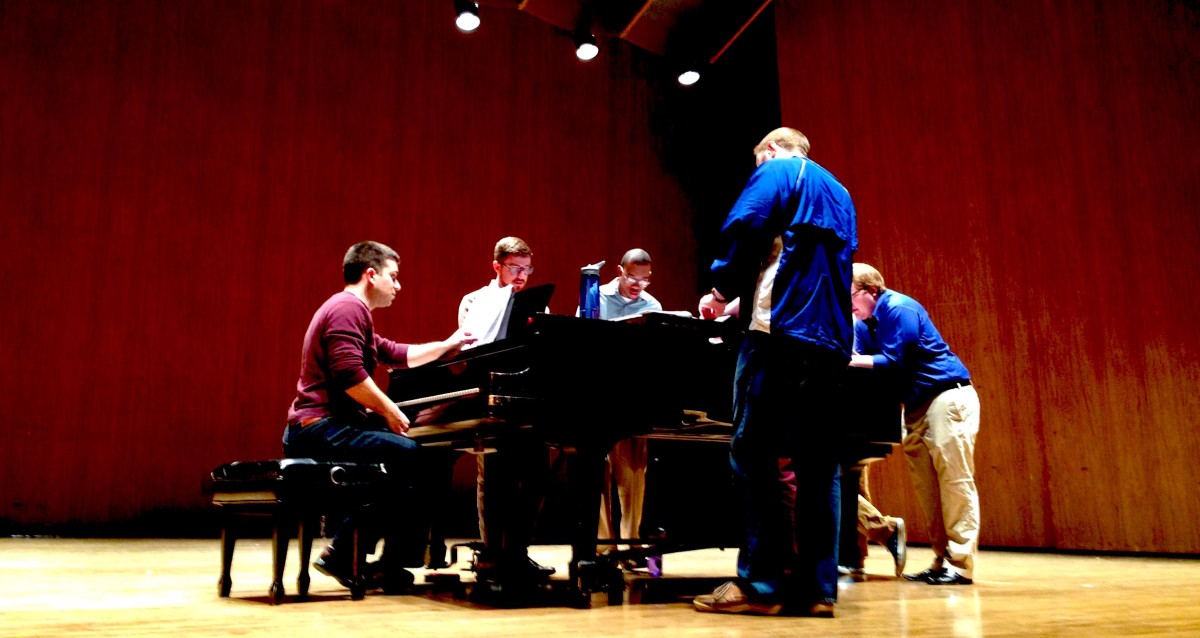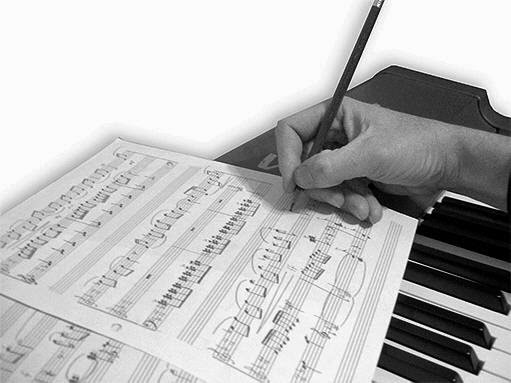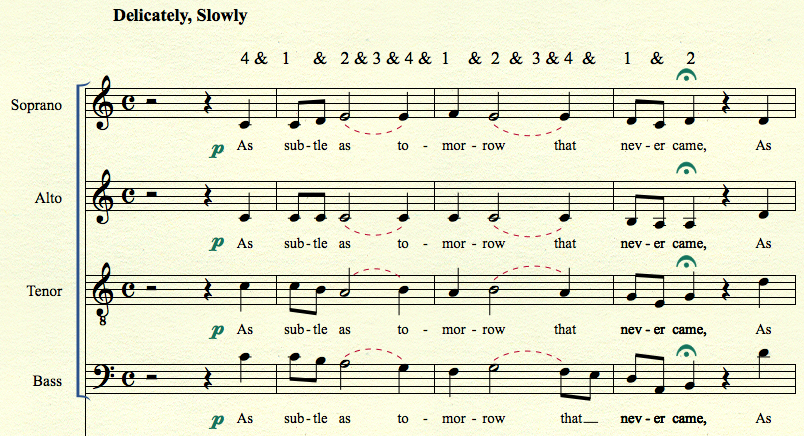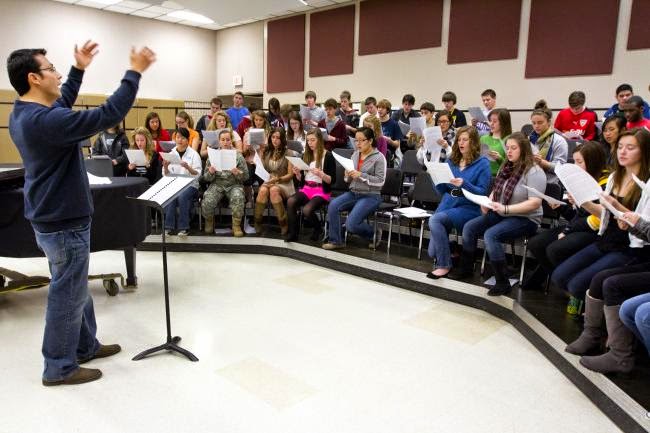So you want to get your choral music published? Great! Choral music is one of the biggest markets in the world for sheet music. Unfortunately, that market has been shrinking along with basically all printed sheet music over the past decade. This is due to a variety of factors, like illegal copying, internet file sharing, public domain editions online, and …
How to Teach Vocal Percussion
One of the most common questions choral directors have when first starting a contemporary a cappella group is, “How do I teach vocal percussion (beatboxing)? I’ve never done it myself!” The good news for you is that I am pretty *terrible* at VP. My students love when I do it because they find it so hilarious…However, I still have a …
Staging Concepts For Contemporary A Cappella
My last post about standing in a semicircle provoked quite a bit of conversation! Many people brought up great points in defense of the formation for things like choral works and homophonic charts (which I completely agree with). Others thought that movement outside that traditional formation was only possible with wireless microphones and in-ear monitors (not true…you can use them …
A Cappella Groups: Ditch The Semi-Circle
Dear A Cappella Groups, Ditch the semi-circle. Please. I beg you. While it is certainly the most popular setup for an a cappella group, the semi-circle is visually underwhelming. It allows everyone in the group to hear each other to some extent, but it doesn’t always allow for the right people to hear who they need the most. Consider something different, …
Recording Your First A Cappella Album
Contemporary a cappella is the fastest growing trend in music education today. As a choir director, this is exciting to me because a cappella singing promotes individual musicianship, confidence, tone, blend, balance, intonation, and much more– all while being, well…cool. One of the biggest missteps I see is when a choral director decides to record his or her new a …
A Letter To Aspiring Composers
Dear Aspiring Composer, You want your music to be heard, to be performed, to be appreciated, and to be acknowledged. You hope that some day your compositions will be played by professional ensembles and performers all over the world. But for now, all you really want is some constructive and helpful insight– and someone who will give your piece(s) a …
Stop “Running Through” Pieces
I’m serious…stop doing it. If you never let your singers just sing through minutes or whole pieces of unrehearsed music, then you may not even need to read on. However, if you do, please consider the following. We already know that with every repetition, notes and rhythms in any piece become easier for a singer. Repetition can and should be …
Improving Your Choir, 1 Percent At A Time
Recently, I read a fantastic article by James Clear in which he describes how British cycling coach Dave Brailsford took a unique approach to improving the team’s performance: His belief was that if you improved every area related to cycling by just 1 percent, then those small gains would add up to remarkable improvement. They started by optimizing the things …









